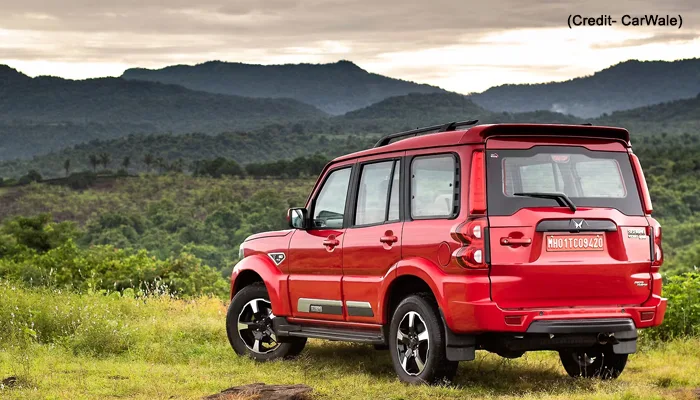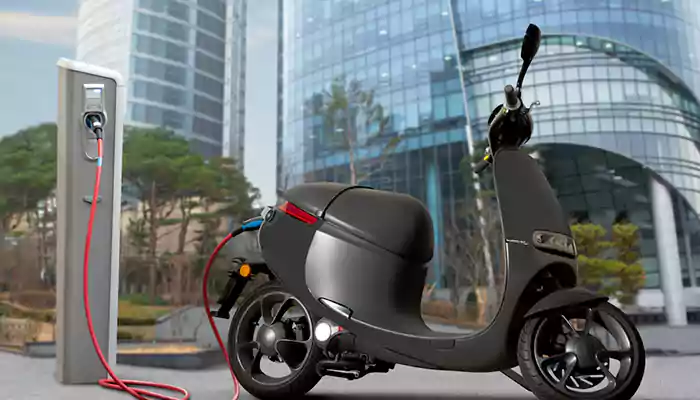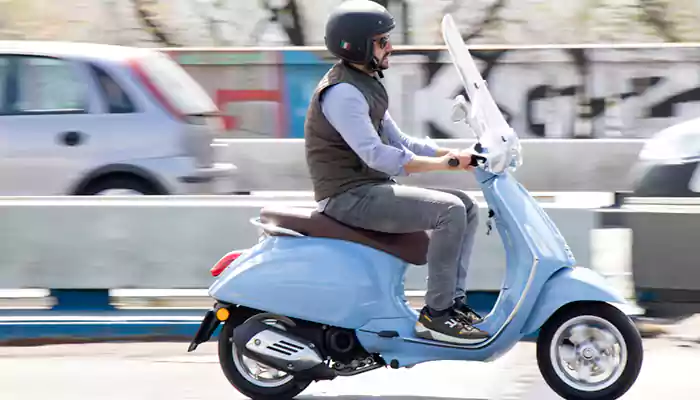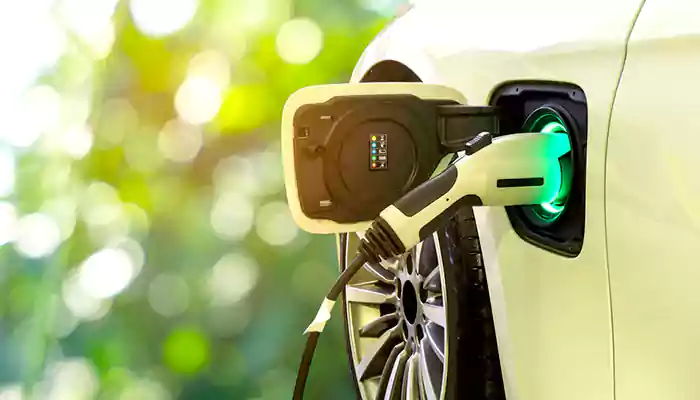
Have you decided to buy a second-hand car? Whatever your reason, just make sure that you made the correct decision
Well, you're not the only one, millions of Indiana are now selecting used automobiles and if we look at data the last two years have seen a spike in the used car industry as more and more individuals are now opting for private transport. However, in the market, not everything is as it appears and you should always keep an eye out to check which automobile vendor is a fraud and which is legitimate. Along similar lines, here are a few points mentioned you should take a look at while purchasing a second-hand car.
Check the car thoroughly
Do not rely on the seller's assertions concerning the vehicle; inspect it for yourself. Minor scratches and dents can be overlooked, but larger ones should be avoided; automobiles with body rust are not recommended. Look for changes in paint texture. These may assist you in understanding the situation in which the car may have been. Also, keep an eye on the electricals; everything should be in working order; if anything is out of place, bargain. The tyres should be in good condition; balding tyres should allow you to save more money.
Allow a car mechanic to accompany you
Unless you are an expert evaluator, it is best to bring along a professional car mechanic who is familiar with the vehicle’s intricacies. Although you may have to pay him for his services, it is preferable to purchasing the wrong car and feeling bad afterwards.
Test drive
The test drive is a crucial part of the car-buying process. Starting the car should go quite smoothly. There should be no unusual noises; step out of the car with the engine running and open the bonnet to check for strange noises. Check the exhaust; there should be no smoke or oil spouts. Gear shifting should be effortless; no extra pressure should be applied to the stick. Engage the clutch, and when you release it, the vehicle should drive ahead gently, without jerking or vibrating. Take the automobile for a journey and test the suspension; there should be no squeaking or unusual vibrations. Another method for testing the suspension is to approach corners with a bit greater speed than you normally drive at. Sharp turns activate the suspension and if you notice anything out of place, take the call.

Document verification
The registration certificate is an important document that validates the legality of the vehicle and ownership. Check that the certificate is not a duplicate. If you are purchasing from a dealer, check to see if the RC includes the dealer's name; this would indicate that you are the third buyer, which should not be the case given the low market value of a used car. The VIN and engine number should be the same everywhere, including the registration certificate and the car. There are several places where you can find the VIN. Another significant vehicle document is insurance, which is required for a vehicle to operate on public highways. Make sure the insurance is transferred to your name and has a validity period of at least three weeks after purchasing. If it doesn't you can negotiate and purchase new insurance, which is far more advantageous.
Odometer tampering
On an analogue metre, examine for marks or scratches on the digits, as well as their alignment; while this would be difficult on a digital metre, you can still look for fingerprints or smudges inside the plastic.
Nowadays, renowned automobile companies have entered the used-car market and India’s organised used-car industry is expanding. As a result, you have plenty of possibilities.












